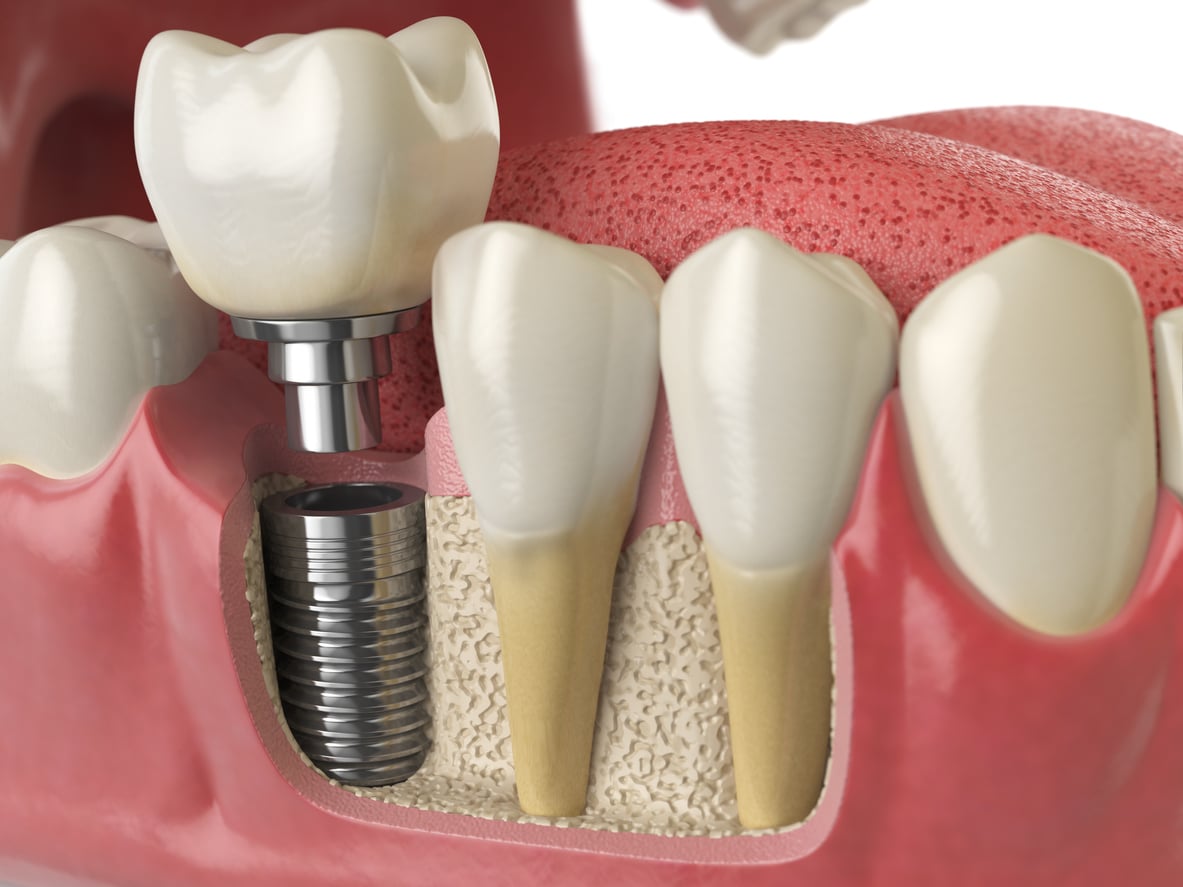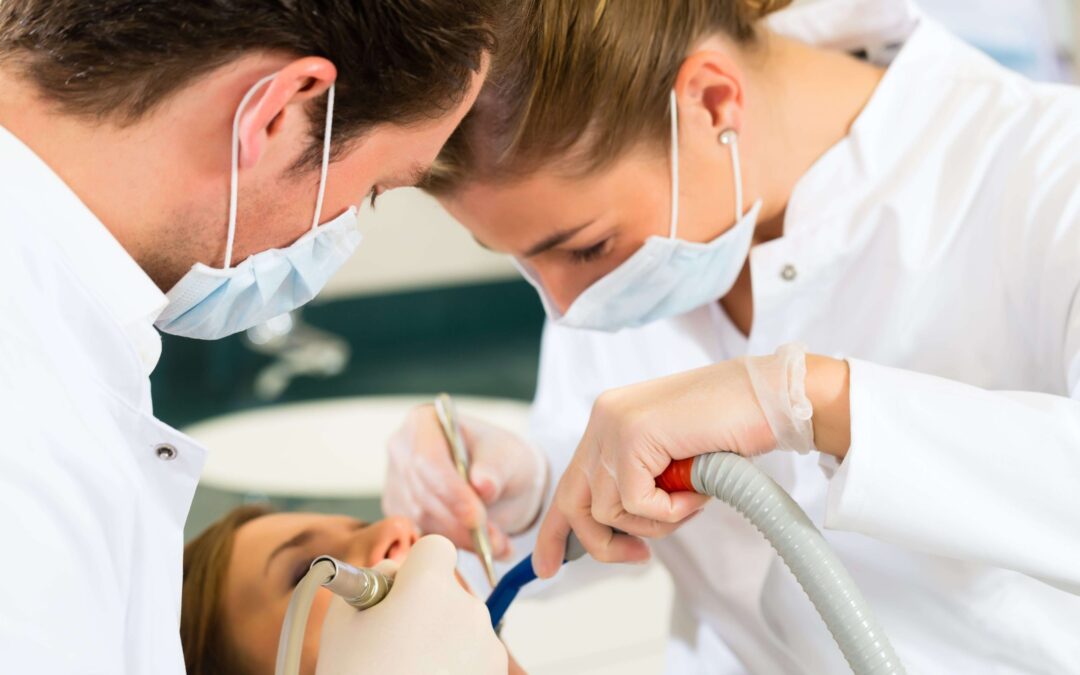Restoring missing teeth with advanced dental implants is one of the most effective solutions for regaining both function and aesthetics. Patients who choose dental implants in Dubai often experience life-changing results, but the success of the treatment heavily relies on proper aftercare. Post-surgery care ensures smooth healing, prevents complications, and maximizes the long-term stability of the implants.
The Importance of Post-Surgery Care:
While dental implants are designed to mimic natural teeth in strength and appearance, the body needs time to heal and integrate the implant with the jawbone. This process, known as osseointegration, can take several months. Proper aftercare reduces the risk of infection, inflammation, or implant failure, allowing patients to enjoy lasting results.
Immediate Aftercare Guidelines:
The first 24 to 48 hours after implant surgery are crucial for recovery. Patients should follow specific instructions provided by their dentist to support healing. These steps typically include:
-
Applying an ice pack to reduce swelling.
-
Avoiding vigorous rinsing or touching the surgical site.
-
Taking prescribed pain relievers and antibiotics as instructed.
-
Keeping the head elevated while resting to minimize discomfort.
Managing Swelling and Discomfort:
Mild swelling and soreness are normal after surgery, but they can be managed effectively. Cold compresses applied intermittently during the first day help reduce inflammation. Soft foods and lukewarm liquids should be consumed to avoid irritating the surgical site. As swelling subsides, patients can gradually return to their regular diet with guidance from their dentist.
Oral Hygiene Practices:
Maintaining oral hygiene after implant surgery is essential to prevent infections. Patients should avoid brushing directly over the surgical site for the first few days, but gentle cleaning of surrounding teeth is encouraged. Using a dentist-approved antibacterial mouth rinse can further minimize bacteria. After a week, brushing and flossing around the implant should become part of the daily routine.
Diet Recommendations for Healing:
The type of food consumed plays a significant role in the healing process. In the initial days, soft foods such as yogurt, mashed potatoes, smoothies, and soups are recommended. Hard, crunchy, or spicy foods should be avoided as they may disturb the implant site. Gradually, as healing progresses, patients can reintroduce solid foods while ensuring they chew on the opposite side of the surgery area.
Habits to Avoid During Recovery:
Certain habits can compromise the healing of dental implants. Patients should steer clear of smoking, as it reduces blood flow and delays recovery. Alcohol should also be avoided in the first week, as it can interfere with medications and slow down healing. Additionally, strenuous exercise should be postponed to prevent bleeding or swelling at the surgical site.
Monitoring the Healing Process:
Regular dental check-ups are vital for tracking the progress of osseointegration. Dentists may schedule follow-up visits to ensure the implant is integrating well with the jawbone. Patients should report any unusual symptoms, such as excessive bleeding, severe pain, or pus formation, as these may indicate complications that require immediate attention.
Long-Term Care for Dental Implants:
Once the implant has fully healed, long-term maintenance is crucial for preserving its success. Patients should follow a routine similar to caring for natural teeth, including:
-
Brushing twice daily with a soft-bristled toothbrush.
-
Flossing around the implant using special floss or interdental brushes.
-
Visiting the dentist regularly for professional cleanings.
-
Wearing a night guard if prone to teeth grinding.
Recognizing Signs of Complications:
Although rare, complications may arise if proper care is not followed. Warning signs include persistent swelling, gum recession, implant mobility, or discomfort while chewing. Early detection and intervention by a dentist can prevent implant failure and safeguard oral health.
Tips for a Smooth Recovery:
Patients can improve their healing experience with simple strategies such as staying hydrated, maintaining a nutrient-rich diet, and adhering strictly to dentist-recommended care. Stress management and adequate sleep also support overall recovery and strengthen the immune system during the healing phase.
The Role of Professional Support:
Choosing a skilled dental team plays a vital role in implant success. Dentists in Dubai often provide comprehensive pre- and post-surgical guidance to ensure patients are well-prepared for recovery. By maintaining close communication with the dental team, patients can receive timely advice and adjustments to their care plan if needed.
Final Thoughts:
Dental implants offer a life-changing solution for replacing missing teeth, but their long-term success depends greatly on proper post-surgery care. Patients who undergo dental implants in Dubai can expect excellent outcomes by following strict aftercare routines, avoiding harmful habits, and maintaining regular dental check-ups. With the right approach, implants can last a lifetime while providing both confidence and functionality.






0 Comments